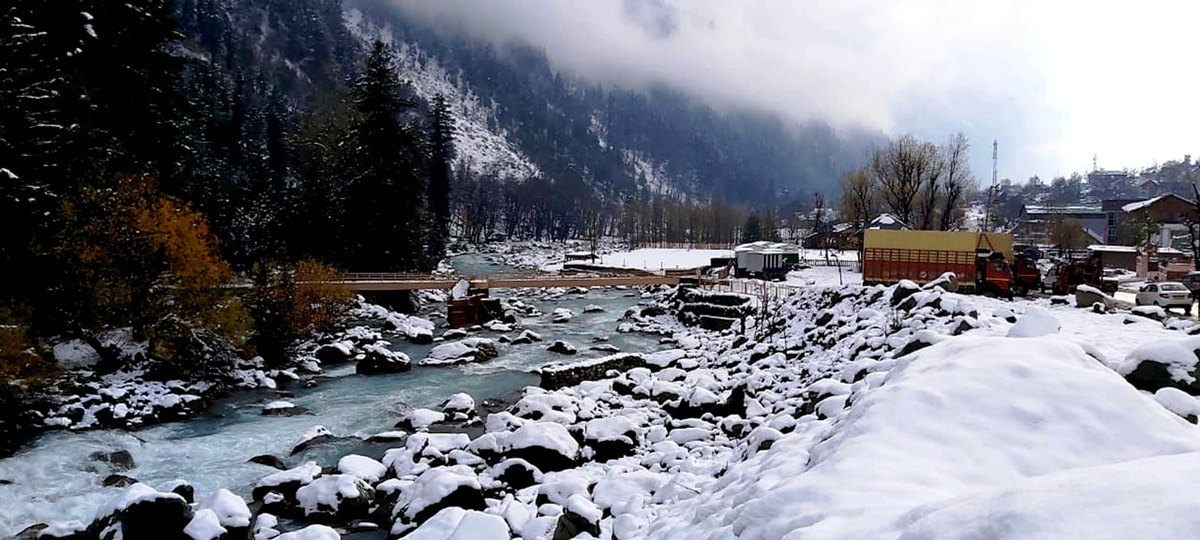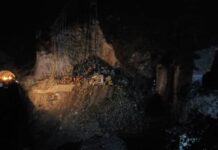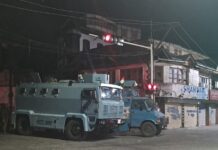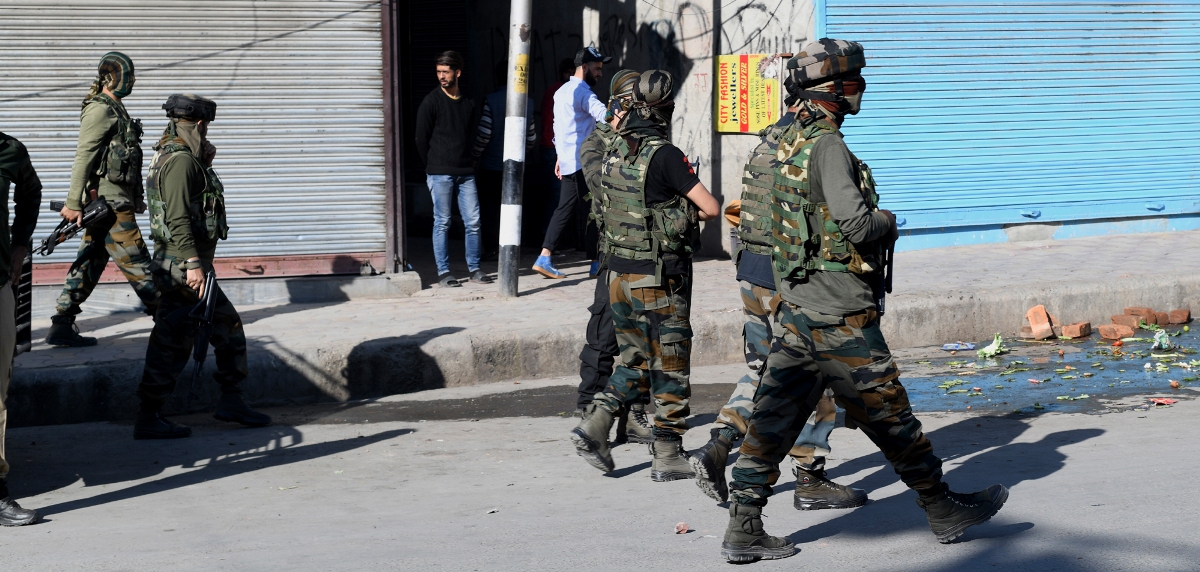Shakir Mir
KL NEWS NETWORK
SRINAGAR
A specter of a deadly zoonotic disease, capable of killing humans, has triggered alarm in Karta region of Jammu even as officials are scrambling to assuage public concerns amid mounting speculations that the outbreak may affect devotees visiting Mata Vaishno Devi Shrine.
The outbreak of the disease was first reported in March this year when 16 equine animals were found to have contracted it. Glanders, an infectious disease occurs primarily in horses, mules and donkeys by bacterium Burkholderia mallei.
It is highly contagious and can result in human deaths as well. In many countries including India, it is a notifiable disease which makes it legally obligatory to be reported to authorities should any animal contract it, an expert at department of Animal Husbandry J&K said. The disease is said to be incurable that is why the action is invariably the mass culling of infected animals.
“In March this year 16 animals were found infectious of this disease,” sources citing interview of an anonymous official from the Animal Husbandry team which first detected the outbreak told Kashmir Life. “Two of them were killed while the rest died by themselves.”
Sources said in the aftermath of public outcry, government sent blood samples of 1600 animals to Hisar in Haryana for tests which subsequently tested negative.
They claimed that these equines were reportedly brought from Uttar Pradesh and are likely to affect the devotees visiting Mata Vaishno Devi Shrine who are ferried on these animals. Repeated calls to the Director Animal Husbandry, Jammu, SL Bhagat remained unanswered.
However, sources said, that authorities have appealed against creating panic while assuring timely action. “All the animals entering J&K will have to pass through blood screening test at Lakhanpur,” sources quoted authorities saying.
In view of apprehensions that the disease might cross Banihal tunnel, Director Animal Husbandry, Kashmir, Dr Shams-ud-Din Makhdoomi said that “it was unlikely” since the “status of equine moment to Kashmir wasn’t conducive enough” while adding that his department was “fully prepared” to meet any crises. “The disease is very fatal and non-preventable,” he admitted. “But there is little or no chance that it will come here.”
On questioning whether necessary screening tests of equine animals would be carried out, the director responded in affirmative adding, “as soon as we feel that the situation necessitates it, we will go for it.”















